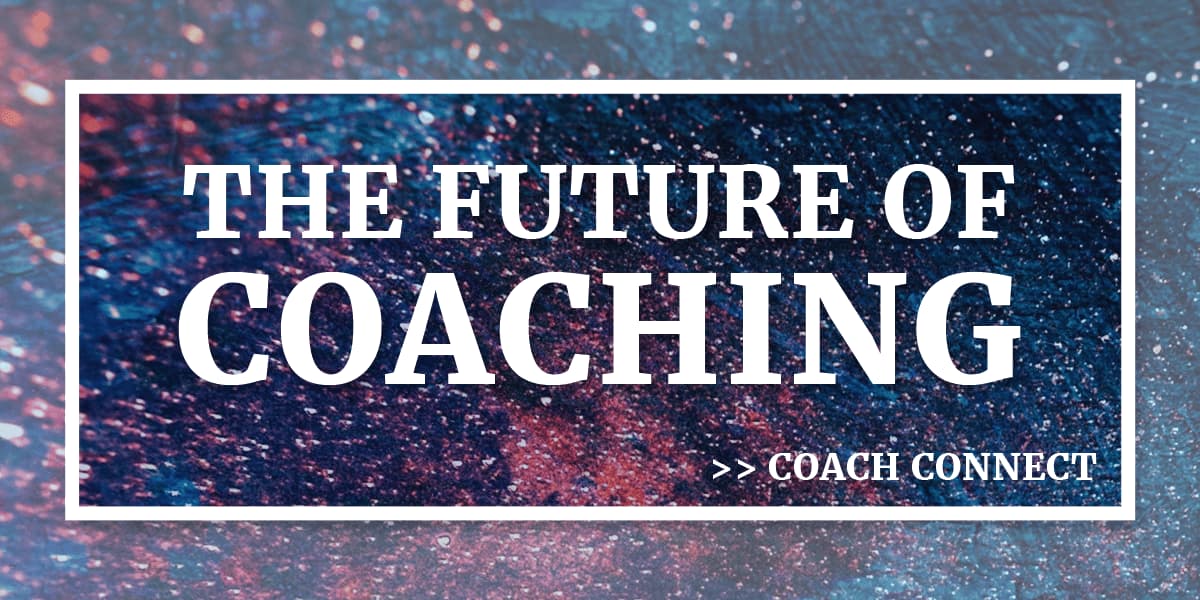The coaching industry is on the brink of a transformation, driven by the integration of artificial intelligence (AI) and technology. These advancements are not only enhancing the effectiveness and accessibility of coaching but also reshaping the way coaches and clients interact.
The Role of AI in Coaching
Artificial intelligence offers numerous tools that can streamline coaching processes. “AI can analyze vast amounts of data to provide personalized insights and recommendations, making the coaching process more efficient and tailored to individual needs,” says Dr. John Smith, a technology consultant. AI-powered platforms can assess a client’s strengths, weaknesses, and progress over time, offering actionable feedback that can help clients achieve their goals more effectively.
Additionally, AI can assist in monitoring and tracking progress. “Automated progress tracking allows for real-time feedback, helping clients stay on track and make necessary adjustments to their plans,” notes executive coach Laura Green. This real-time monitoring is particularly valuable in helping clients maintain accountability and motivation.
Enhancing Accessibility and Personalization
One of the significant benefits of integrating AI and technology into coaching is the increased accessibility to coaching services. “Technology lowers the barriers to accessing coaching by providing virtual sessions and online platforms, making it easier for individuals to connect with coaches regardless of location,” explains digital strategist Emily Brown. This accessibility is crucial in reaching underserved populations and providing support to those who may not have had access to coaching otherwise.
Furthermore, AI enhances the personalization of coaching services. “Personalized AI algorithms can tailor coaching content and techniques to fit the unique learning style and preferences of each client,” says Dr. Michael Lee, a psychologist specializing in AI. This level of customization helps clients engage more deeply with the coaching process and achieve better outcomes.
Virtual and Augmented Reality in Coaching
Virtual reality (VR) and augmented reality (AR) technologies are also beginning to find their place in the coaching industry. These immersive technologies can create realistic simulations and scenarios, providing clients with experiential learning opportunities. “VR and AR offer a safe and controlled environment for clients to practice new skills and behaviors, which can accelerate learning and confidence-building,” comments VR developer Sarah Lopez.
For example, in leadership coaching, VR can simulate challenging workplace scenarios, allowing clients to practice decision-making and communication skills. “The immersive nature of VR helps clients experience real-life challenges in a risk-free setting, leading to deeper learning and skill development,” adds leadership coach David Chan.
Ethical Considerations and Data Privacy
While the integration of AI and technology in coaching offers numerous benefits, it also raises important ethical considerations, particularly regarding data privacy and confidentiality. “The use of AI involves collecting and analyzing sensitive personal data, which must be handled with the utmost care to protect client privacy,” cautions Dr. Jane Martin, an expert in data ethics.
Coaches and organizations must ensure that they comply with data protection regulations and implement robust security measures. “Transparency with clients about how their data is collected, stored, and used is essential for building trust in AI-driven coaching services,” emphasizes technology ethicist Mark Johnson.
The Future of Coaching with AI and Technology
Looking ahead, the future of coaching is likely to see even greater integration of AI and technology. “As AI technologies continue to evolve, we can expect more advanced and intuitive tools that enhance the coaching experience,” predicts Dr. Alex Morgan, a futurist in technology. These advancements could include more sophisticated AI algorithms capable of understanding nuanced human emotions and behaviors, further personalizing the coaching process.
Additionally, the rise of digital and remote coaching models is expected to continue, driven by increasing comfort with virtual interactions and the ongoing globalization of the workforce. “The flexibility and convenience of virtual coaching are likely to become a standard in the industry, offering clients and coaches more options and opportunities,” notes organizational psychologist Dr. Maria Lopez.
The integration of AI and technology in coaching represents a significant evolution in the industry, offering enhanced accessibility, personalization, and efficiency. As these technologies continue to develop, they will undoubtedly play a central role in shaping the future of coaching, providing powerful tools for both coaches and clients. However, it is crucial to navigate the ethical considerations carefully, ensuring that the benefits of technology are harnessed responsibly and transparently. As Dr. John Smith aptly summarizes, “The future of coaching lies at the intersection of human expertise and technological innovation, offering limitless possibilities for growth and transformation.”
